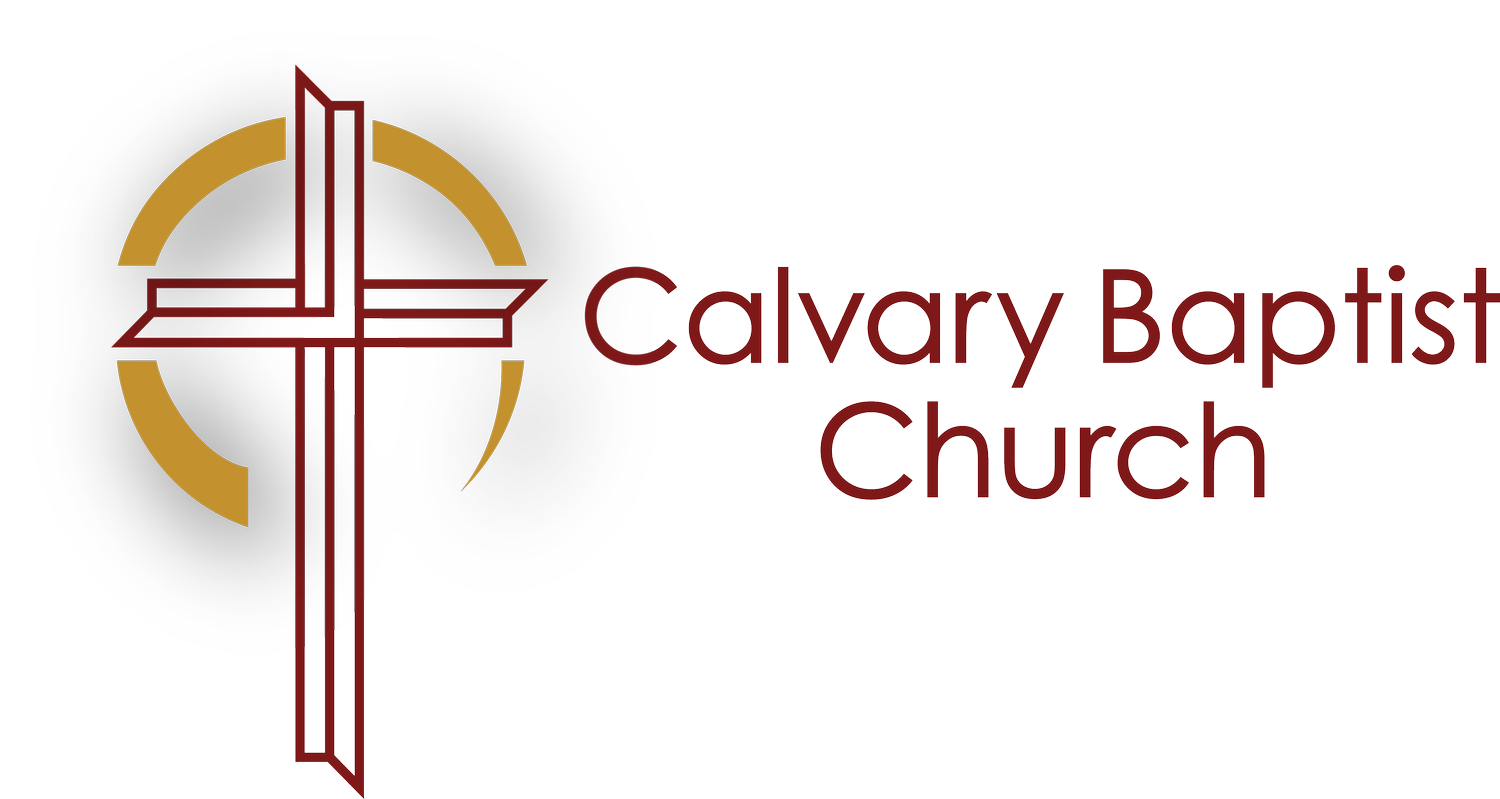Session #1- Introduction to Fasting
Introduction:
Fasting is one of the most abused and least used of all the spiritual disciplines. Yet, it has been a core religious practice of Judaism and Christianity for centuries. In the Old Testament, Moses supernaturally fasted from food and water two separate times, fasting a total of eighty days while he met with God on Mt. Sinai and received divine revelation (Exod. 34:28; Deut. 9:9–10:10). We read that every Israelite was called to fast on the annual Day of Atonement (Lev. 23:27–28). This was a sign of humbling and repentance before God as they sought His forgiveness for their sins. Hannah was barren, heartbroken, and desperate for a child. She sought God in prayer and fasting, and He answered her with the birth of Samuel, one of the great leaders of the Old Testament (1 Sam. 1:1–20). Daniel observed a partial fast for twenty-one days, at the end of which God gave him revelation into aspects of Israel’s future (Dan. 10). Times of national emergency or disaster were reasons for the whole nation to seek God’s help through fasting and prayer. Esther called all the Jews to fast to prevent their impending destruction (Esth. 4:16). While in exile, Nehemiah, deeply grieved about the condition of Israel and especially of Jerusalem, began to fast and pray. God gave him favor with the king and answered with a commission to return to Jerusalem and rebuild the city’s walls (Neh. 1:1–2:8). The first story we read about Jesus’ adult life is him fasting in the wilderness for 40 days as he’s tempted by Satan (Matt 4:1-11). And while the New Testament never commands believers to fast, Jesus assumes that his followers will fast (Matt 6:14-15, 9:14-15). To put it simply, the practice of fasting is present all throughout Scripture.
What thoughts, questions, or fears do you have about the practice of fasting?
Why do you think fasting has been neglected in the modern church even though it is so prevalent in Scripture?
The discipline of fasting seems to rub against many traditional American values such as independence, abundance, and the pursuit of happiness. Fasting is about self-denial and admitting our dependence upon God. Fasting is about refusing to instantly gratify the growls of our stomachs so that we might experience the deeper satisfaction and provision that comes from God. Fasting is an act of worship where we allow our hunger for God to take priority over all other desires that compete for our attention and affection.
John Piper describes this essential benefit of fasting well in his book, A Hunger for God,
“The greatest enemy of hunger for God is not poison but apple pie. It is not the banquet of the wicked that dulls our appetite for heaven, but endless nibbling at the table of the world. It is not the X-rated video, but the prime-time dribble of triviality we drink in every night...The greatest adversary of love to God is not his enemies but his gifts. And the most deadly appetites are not for the poison of evil, but for the simple pleasures of earth. For when these replace an appetite for God himself, the idolatry is scarcely recognizable, and almost incurable.”
What are your thoughts on this quote? Why do you think fasting is an effective way to regularly break our attachments to some of life’s simple pleasures?
Read Matthew 6:16-18 Together and Discuss
What is your reaction to this teaching from Jesus? What does it reveal about the importance of our motivation in practicing fasting?
What are some ways that fasting could be distorted or misused?
This Week’s Practice
Choose a day to practice fasting during the coming week. We recommend that your community decide on a day to begin the fast together. Because of various experiences with fasting or differing health concerns, allow each member to determine the length and nature of their fast privately.
Here are some different suggestions for where to begin with fasting:
Attempt a partial fast where you limit your food for one or two meals (For example, a piece of toast, fruit, and juice).
If you have specific health concerns that make a traditional fast not possible, consider trying a liquid fast. Substituting smoothies or protein shakes for solid foods.
Begin your fast in the evening and break the fast at noon the following day.
Practice a fast which begins and sunrise and ends at sundown. (~12 hours)
Complete a full 24 hour fast.
Some Practical things to keep in mind before you fast:
Make sure to drink lots of water! Your body will need to be well-hydrated before, during, and after your fast.
Don’t assume that the feelings of hunger mean that you are harming your body. A fast of twenty-four hours or less is perfectly healthy for most people. Richard Foster reminds us, “You will probably feel some hunger pangs or discomfort before the time is up. That is not real hunger; your stomach has been trained through years of conditioning to give signals of hunger at certain hours. In many ways, the stomach is like a spoiled child, and a spoiled child does not need indulgence, but needs discipline.”
Try not to break your fast with a giant feast or any unhealthy foods. This can be hard on your digestive system and, in some ways, works against some of the purposes of the fast. Fasting helps us break our attachment to excess, and we shouldn’t conclude by eating any more than we should.
Ensure that you are prepared spiritually for the fast and remember to keep Jesus’ teachings about fasting in mind. Your coworkers and Facebook friends do not need to know you are fasting (though it is polite to inform your spouse, roommate, or other family members)
